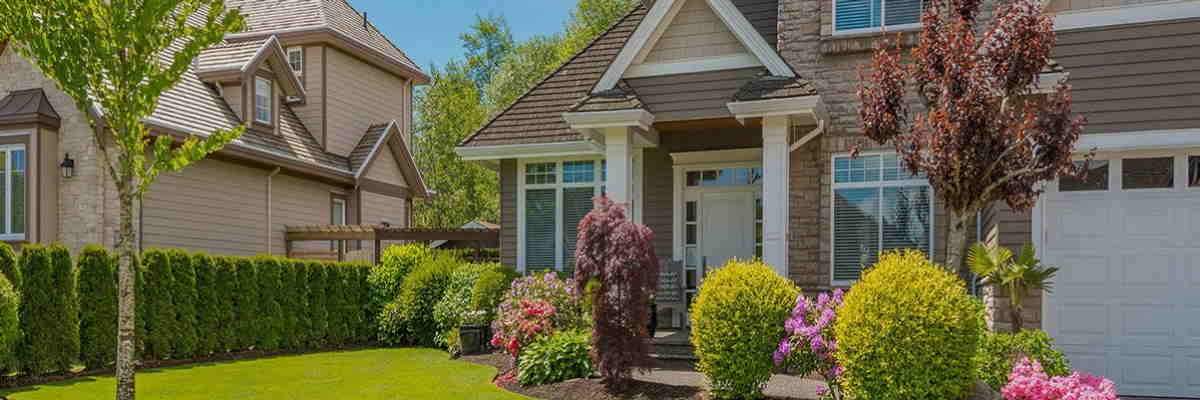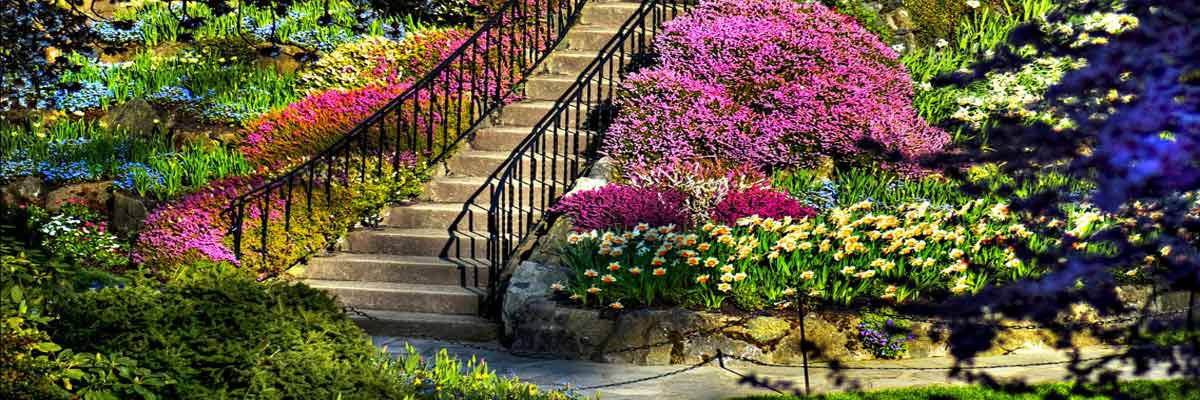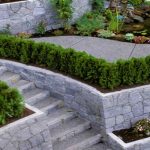4 Advantages of Landscape Design
When your yard is not as functional, beautiful, or practical as you hoped it would be, you’re likely thinking about improvements you can make. Some landscape design ideas you come up with might be an outdoor entertainment area, pathways, and improved lighting.
While these are all grand ideas achievable with the DIY spirit, that doesn’t mean you won’t benefit from expert advice and assistance from someone who makes a living from landscape design.
If you’re unsure about hiring the experts, the following advantages of landscape design may change your mind.
Year-Round Enjoyment
Intreeg Landscapes advises that many homeowners find that they can only use their yard at certain times of the year. The grass might be too muddy in winter, or there is not enough shelter from the elements. You might even struggle with bugs, which means you’re limited to use at certain times of the day.
When you hire someone with experience in landscape design, these can all be considerations. They can create functional spaces that look beautiful year-round while also being usable year-round, as well.
Environmentally Friendly Landscape Design for Seniors
Many older people enjoy gardening and get some much needed exercise as they do it. Unfortunately it often becomes impossible for them to keep on working in the garden due to failing health or just through becoming frailer. However, the right landscape design will ensure that seniors can still potter around in and enjoy their garden without the need for constant digging, weeding or heavy lifting.
Professional landscaping makes use of many different types of components to create a haven of green for anyone to enjoy. While change is never easy, allowing your garden to be changed into one that you can manage for several more years will benefit you and the environment, because many such changes are simply more environmentally friendly.
Low maintenance gardens are all the rage these days as few people have time to spend in the garden anyway. And what time they do have, they’d much prefer to spend relaxing in the garden rather than working in it. One of the major changes would be to remove annuals and replace them with perennials. Annuals are showy, but they don’t last long and require a great deal of work.
You have to replant every season and that means digging, fertilising and watering a great deal more than you like when a senior. It is not environmentally friendly, either; it’s much better to have plants that will last for several years. You can plant them out, add compost and mulch to feed them, keep the soil moist and the weeds away and that is it. Sit back and enjoy.
How Landscape Design Can be Environmentally Friendly
According to Landscaping Sydney, professional landscaping your property can pay dividends, especially if it is done by a professional. Not only will it increase the sales potential and value of your home, if done properly, landscape design can save a great deal on the costs of water, fertilizer and losing plants. How?
A professional can ensure your plants are suited to the area and that they are in a position in the garden that suits them best. Placing shade-lovers in a dry, sunny position and sun lovers in the shade is a recipe for plant loss. And it happens more often than you may imagine simply because we purchase plants that appeal to us in looks, not to suit the garden we have. Choosing the right plants in vital.
Some of us also tend to stick plants in the garden wherever there is a spare space and we don’t think about their watering needs. Some plants will rot away if they get too much water while others thrive on it. Put the two close together and one of them is not going to survive. The same applies when it comes to fertilisers. Some plants prefer one type while other plants don’t like any or not so much.
Australian natives especially, don’t thrive if they have a lot of fertiliser, so if they are planted with anything that is known as a gross feeder – that is, it likes a lot of fertiliser – then one of the two is not going to thrive and indeed, is likely to die off completely.
Landscape design can also be environmentally friendly when the whole property is designed to retain natural rainwater by placing garden beds in a location to catch the run-off, by terracing and by planting water lovers in damp spots. Automated watering systems that have sensors to indicate when watering is needed can save on the use and cost of water.








